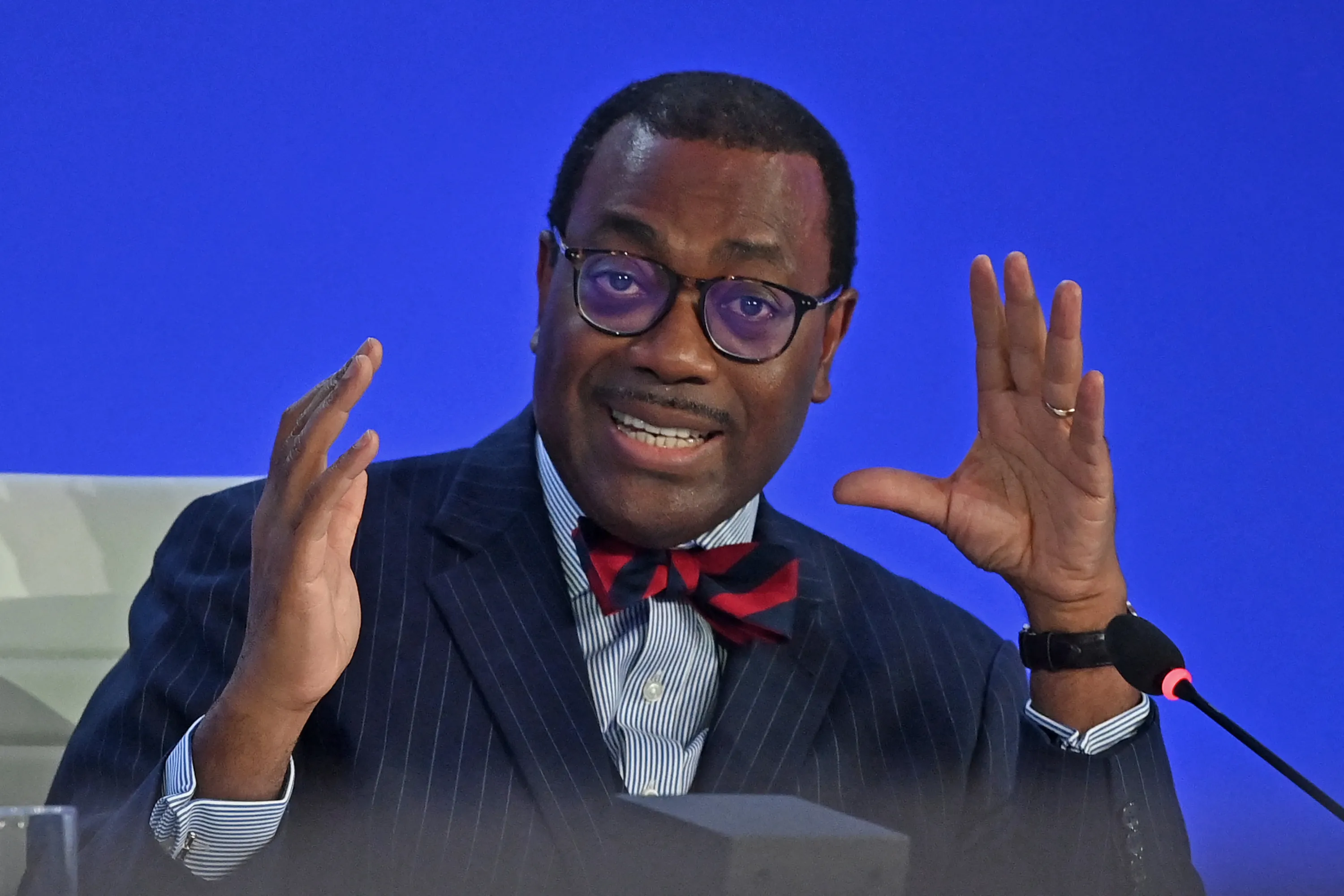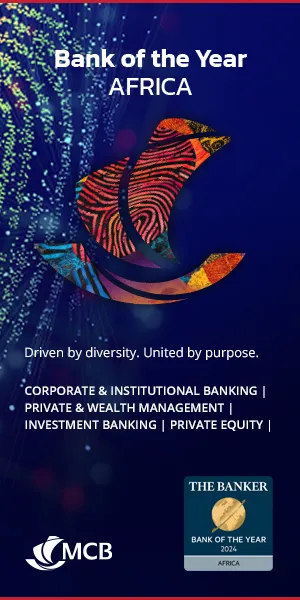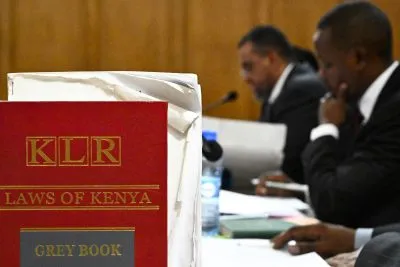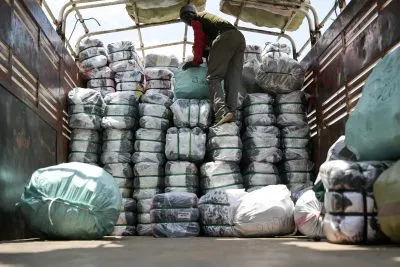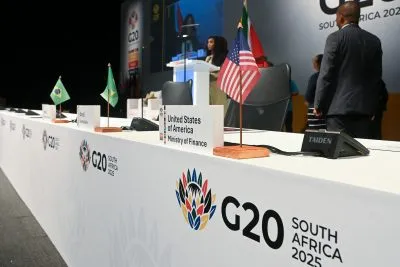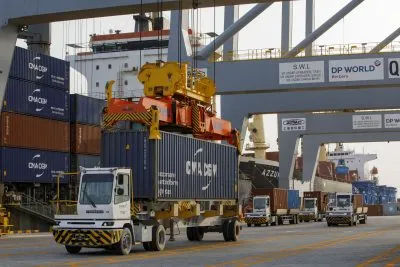Speaking at the African Development Bank’s annual meeting in Abidjan, his last as the bank’s president, Akinwumi Adesina said that his successor had the important task of ensuring Africa takes full control of its own development agenda in an increasingly uncertain world.
“We must rethink how Africa mobilises capital, retains capital, and how it develops using its own wealth to control and shape its own future,” he argued.
He said it was important for the bank’s next president, who will be elected today, to possess a strong vision for the continent and to have the determination to see it through, even when beset by challenges or opposition.
“Defending Africa’s interests requires unwavering dedication and integrity,” he stressed, noting that leaders must be resilient and remain focused in the face of setbacks.
The candidates competing for the presidency include South Africa’s Swazi Tshabalala Bajabulile; Mauritania’s Sidi Ould Tah; Senegal’s Amadou Hott; Zambia’s Samuel Maimbo; and Chad’s Abbas Mahamat Tolli.
The good news for the next leader, he emphasised, is that the bank is stronger than ever and is “not the same institution it was a decade ago.”
Adesina reflects
Adesina reflected on what he called “ten years of a relentless drive to push Africa forward.”
“I remember my first bank meeting in September 2015 when I told the board that I would take the AfDB on a transformation journey…I am satisfied by our collective efforts to ensure that we serve the people of Africa with passion, dedication, and accountability to help Africa develop with pride,” he said.
Adesina singled out the growth of the bank’s balance sheet as one of the most consequential features of his tenure.
“We raised the capital of the bank from $93bn in 2015 to $318bn today – an unprecedented achievement. We also achieved the highest replenishment of the African Development Fund (the bank’s concessional window) since its establishment in 1973, raising $8.9bn for its 16th replenishment.”
Adesina said that the bank’s strategic focus on the “High 5s” had transformed it into a “people-centered institution.”
“Our High 5s – which is our strategic vision to light up and power Africa, to feed Africa, to industrialise Africa, to integrate Africa, and to improve the quality of life for Africans – have impacted millions of lives,” he said.
“128m people now have access to improved health services, 121m people now have access to improved transport, 104m are now food secure, 63m have access to potable water, 34m people have access to improved sanitation, and 28m people now have access to electricity,” he recounted, stressing that “these are not just numbers but about hope that is being realised.”
“As I prepare to pass the baton I do so with confidence. I am proud to leave behind a very strong financial institution that can weather any storms,” he said.
Want to continue reading? Subscribe today.
You've read all your free articles for this month! Subscribe now to enjoy full access to our content.
Digital Monthly
£8.00 / month
Receive full unlimited access to our articles, opinions, podcasts and more.
Digital Yearly
£70.00 / year
Our best value offer - save £26 and gain access to all of our digital content for an entire year!


 Sign in with Google
Sign in with Google 